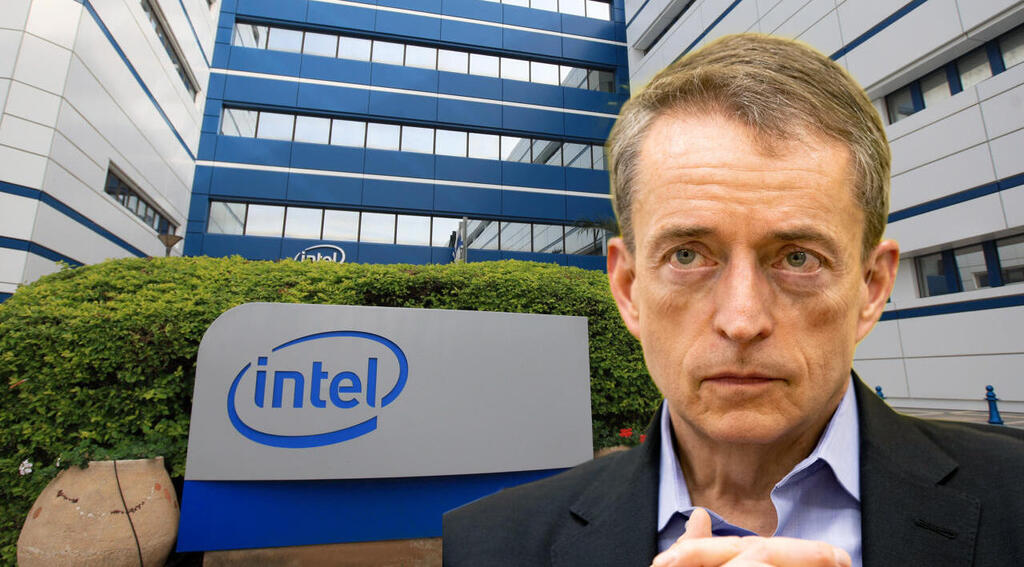
Up to 19 months of pay: What Intel is offering employees for early retirement
Employees with five years of service will receive four months' salary, those with over 10 years will be entitled to 10 months' salary, and employees with more than 30 years of service will receive 19 months' salary upon retirement.
Intel’s voluntary retirement program as part of the massive cutbacks announced last week will be offering substantial severance packages tailored to employees’ seniority levels. The program, which is set to commence in Israel in the coming weeks, offers compensation packages that vary based on tenure: employees with five years of service will receive four months' salary, those with over 10 years will be entitled to 10 months' salary, and employees with more than 30 years of service will receive 19 months' salary upon retirement.
In addition to financial compensation, Intel is expected to offer support services, including employment counseling, though the complete details of the program have not yet been disclosed to employees.
Once the voluntary retirement program concludes, Intel will assess the number of employees who have chosen to participate and determine if further layoffs are necessary. At this stage, the company has not initiated any involuntary layoffs and is awaiting the outcome of the voluntary retirement offers.
Intel Israel is set to part with hundreds of employees at the minimum, and as many as 1,500 in the worst case. Intel currently employs approximately 11,700 workers in Israel, with 7,800 in development and 3,900 in production roles.
Late last week, Intel announced its intention to lay off 15% of its global workforce—equivalent to 17,500 employees—and to implement budget cuts totaling $10 billion.
In the past, Israel, due to its unique position within the company, has managed to weather waves of layoffs with relatively fewer job losses. However, current estimates suggest that Intel Israel will face its most severe round of layoffs to date.
The situation began to unfold late last week when news of the mass layoffs leaked to the international media, and was later confirmed following the release of the company's quarterly results. That evening, CEO Pat Gelsinger addressed all employees, detailing the company's difficult situation and outlining plans to significantly reduce the workforce.
In an official announcement, Intel stated its intention to optimize operations and significantly cut expenses across various departments, including R&D, marketing, management, and mergers and acquisitions. Following this announcement, the management convened senior managers to discuss plans for reducing expenses. These managers are now tasked with identifying areas for significant cuts, including project closures and layoffs.
In Israel, Intel will likely need to provide similar reductions to those made globally. However, since Israel does not have many non-core activities, the impact may be somewhat lighter. A significant portion of the development work in Israel is integrated into a global development effort, so if certain development projects are shut down, the impact will be felt in Israel regardless of its location, as part of the larger project closure. Most of the projects likely to be closed are those that do not align with Intel's near-term future or do not have significant business potential for the company.
In Israel, the first step Intel is taking is to offer voluntary retirement. It is estimated that Intel will present a voluntary retirement plan in two waves. The first wave will target veteran employees who have worked at the company for a long time and are at an age where retirement is an option. The second wave will offer voluntary retirement to all employees, excluding those at the vice president level and above. This offer will likely be less generous but will provide an opportunity for those considering retirement, a move to another company, or a new career to receive substantial compensation and start anew. The voluntary retirement process is expected to last several weeks, with the goal of minimizing forced layoffs. The company's plan is to implement these measures by November this year, allowing time for an orderly process.
Once Intel concludes the voluntary retirement phase, it will then determine the number of layoffs required in each business division, regardless of geographic location.















